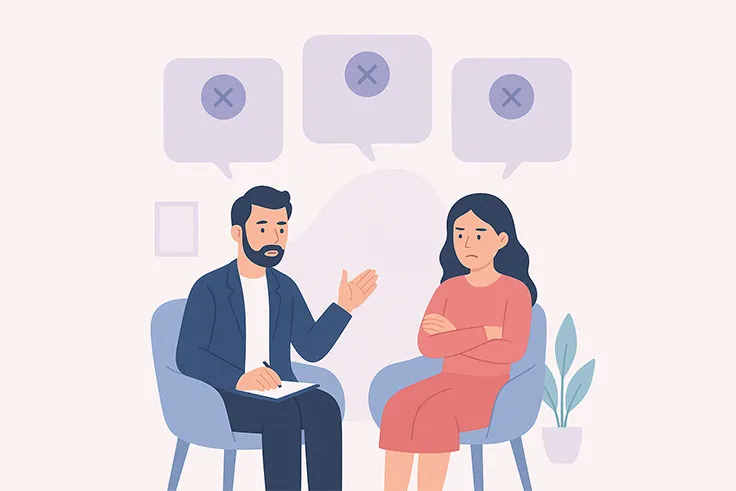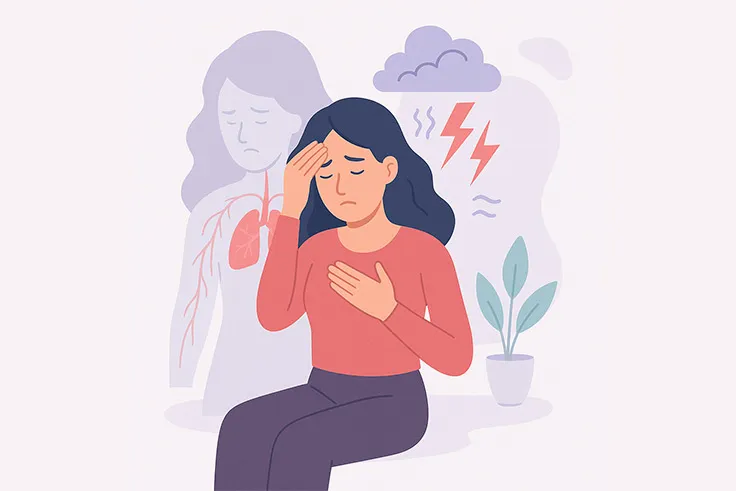
Cyberbullying in Singapore
What is cyberbullying?
As the world increasingly adopts the internet, we are experiencing a shift in the nature of our interactions. The internet, despite all its positives, enables a certain sense of empowered anonymity. This has led to the advent of cyberbullying, a type of bullying carried out through technology to harass, embarrass, or hurt someone. Cyberbullying can take place through messaging platforms, social media, and even streaming platforms. It can manifest in the following different ways :
1. People uploading your pictures without your permission.
2. Receiving threats or hurtful messages over the internet.
3. Spreading rumours about you on social media.
4. People creating your fake profiles without consent.
5. Being excluded from message threads that includes your mutual friends, being uninvited or removed from online groups that your friends are part of.
Statistics about Cyberbullying in Singapore
According to a CNA survey, commissioned by Talking Point in 2018, 3 in 4 youngsters have been victims of cyberbullying in Singapore. A more worrying fact about this cyberbullying statistics is that only 3% of those surveyed had informed their parents. Most victims think of cyberbullying as an inevitable part of their online presence and do not wish to share this side with their parents, owing to a sense of being shamed or victimized.
Consequences of Cyberbullying
Like other forms of bullying, cyberbullying can cause anger and emotional distress, thereby, deeply affecting the mental well-being of the victim. It can have long-lasting effects on a person’s life. The following are some of the adverse effects of cyberbullying.
Low self-esteem:
Constantly being bullied about one’s looks or behavior can lead to low levels of self-confidence and self-esteem. They start believing that they are not good enough.
Vulnerability:
After being exposed to cyberbullying, the victims feel extremely vulnerable. The anonymity of the bullies and the very fact that they can hurt or embarrass them at any time, and that they have no control over it makes them feel powerless.
Refusal to go to school or socialize:
Victims of cyberbullying often feel ashamed to step out of their homes and face people due to the fear of embarrassment and being ostracized by their peers.
How to deal with a cyberbully?
Dealing with cyberbullying can be a challenge owing to its public and uncontrollable nature.
The anonymity of the bullies at times also prove to be a major hindrance. But the most important thing to overcome it, is how you choose to deal with it.
a) It is not your fault
When we become victims of any form of bullying, we tend to blame ourselves. We are made to feel ashamed and start believing that all of this is our fault. But no matter what the bully tells you, you are not the one at fault here.
b) Never Respond
No matter how angry or sad you feel, do not reply to any of the hurtful messages or posts written about you. The bullies want to provoke you to be affected by it, and by doing that, you are giving them the power to dictate how you feel. Replying with a vengeance would only make the matter worse, and there would be no end to the chain of cyberbullying.
c) Report
Immediately report the post or messages and block the person responsible for it. By reporting their actions, they will not be able to post further and hurt someone else.
d) Block the person
Cut all forms of communication with the bully by blocking them on all your social media accounts. In this way, they will not be able to bully you and affect you with mean comments.
e) Seek support
When faced with bullying, it is very important to have a network of people who you trust and those who can support you by boosting your morale and ensuring that it doesn’t get the better of you. You can talk with your friends, parents, teachers, or even a counsellor to help you deal with this and make you come out of it stronger. They might also be able to help you in finding ways on how to prevent cyberbullying.
Frequently Asked Questions on Cyberbullying:
Q. Why do people cyberbully others?
Cyberbullies usually are the ones who have been a victim of bullying themselves and have pent up anger and frustration. They want to feel powerful and control other people’s lives by dominating them, making mean comments, threatening them, etc. They believe that these actions can make them feel important.
Q. What should parents do if they find out that their child is being cyberbullied?
Children often do not share about bullying due to the fear of embarrassment. Therefore, it becomes important for the parents to talk about the ill effects of bullying and how their home is a safe space to talk about anything they want. There should be no judgment. They should also look for warning signs of cyberbullying such as the following :
- Becomes distressed or sad when online or afterward.
- A drop in academic grades
- Refusal to go to school
- Showing signs of anxiety and helplessness.
Q. Can adults be a victim of cyberbullying?
The anonymity offered by the internet can bring together trolls and haters across all ages. Adults are equally at the risk of being cyberbullied, if not more, than preteens (age 10-13) and teens (age 15-17). Adults can be attacked online based on their gender, ethnicity and age. While young adults at the age of 18-25 years face the highest level of cyberbullying, certain advanced age groups, as per studies, experience bullying online too: 26-35 years (around 24 percent), 46-55 years (around 13 percent), up to the 66+ age group (around 6.5 percent).
Q. How can adults survive cyberbullying?
Although cyberbullying is inevitable, even for grown ups, adults have the ability to handle such situations with maturity and tact. Even though we can’t control how others behave online, we can modify our own experiences and choose to ignore the negativity.
- Flag inappropriate comment/content and never reshare
- Limit your online sharing – not everything is meant to be documented online
- Track your digital wellness and check-out of social media every once in a while
Q. Should I seek therapy for cyberbullying?
Cyberbullying can be an extremely difficult thing to face on your own. If you feel overwhelmed and do not know how this will impact your mental health, seeking help from a counsellor might be a good idea.
Q. What are some steps I can take to prevent cyberbullying?
Protecting your passwords, setting up your privacy controls, and logging out after using public computers are steps that can help you prevent cyberbullying.
Submit a Comment
Your email address will not be published. Required fields are marked *
Related reading
What Not to Expect from Therapy: Dispelling Common Misconceptions
24 April, 2025
You finally booked your first therapy session, nerves and hope swirling inside you. Maybe you’ve heard that therapy can work wonders – and it can. In f...
It’s Not Just in Your Head: How Trauma Affects Your Body and How You Can Heal
23 April, 2025
Have you ever noticed aches, fatigue, or tension in your body after a stressful or traumatic experience? If so, you’re not alone. When we think of trauma...
How to Prepare for Your First Therapy Session: A Beginner’s Guide
5 March, 2025
Choosing to begin therapy is a courageous and empowering decision. It signifies your willingness to invest in your mental and emotional well being, it’s ...





